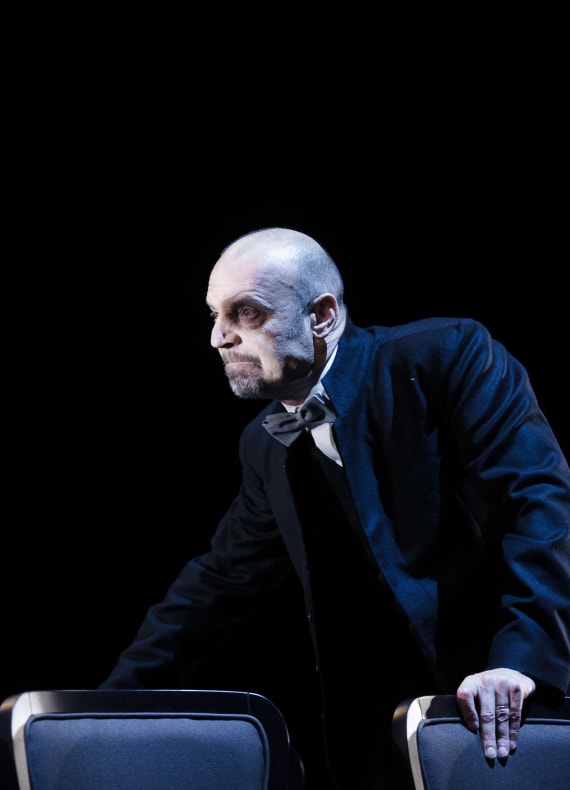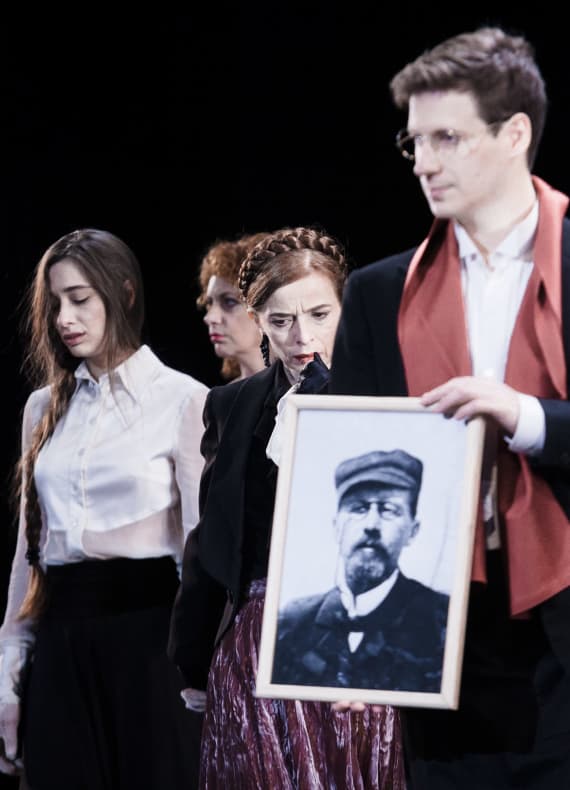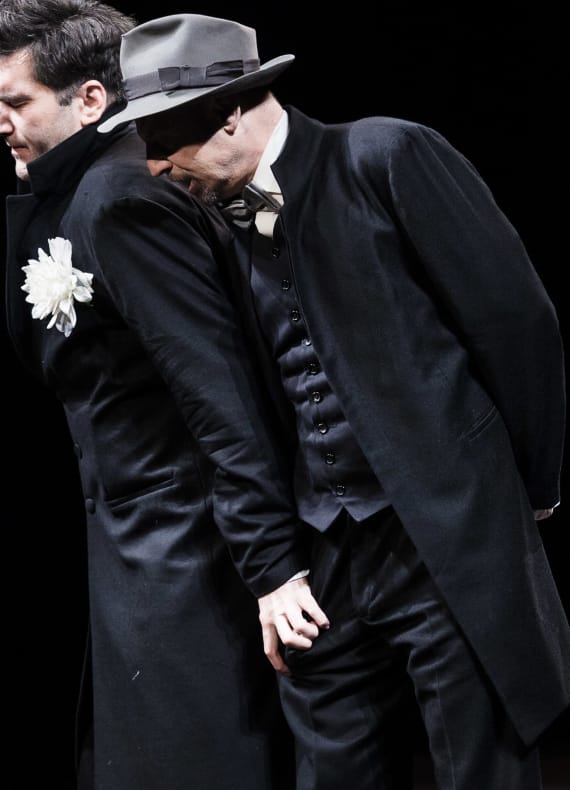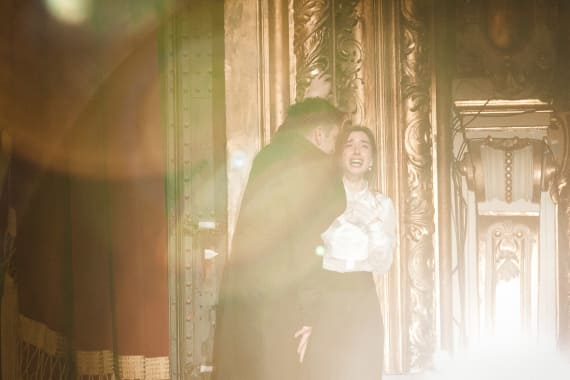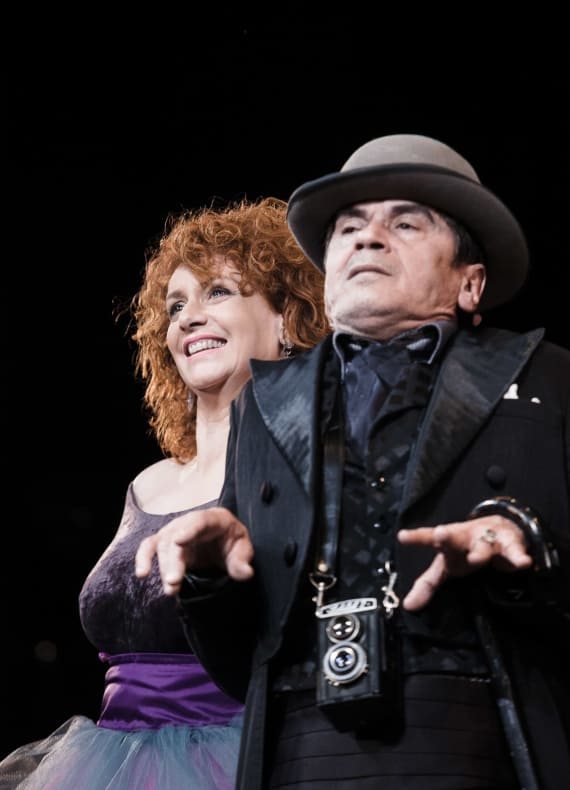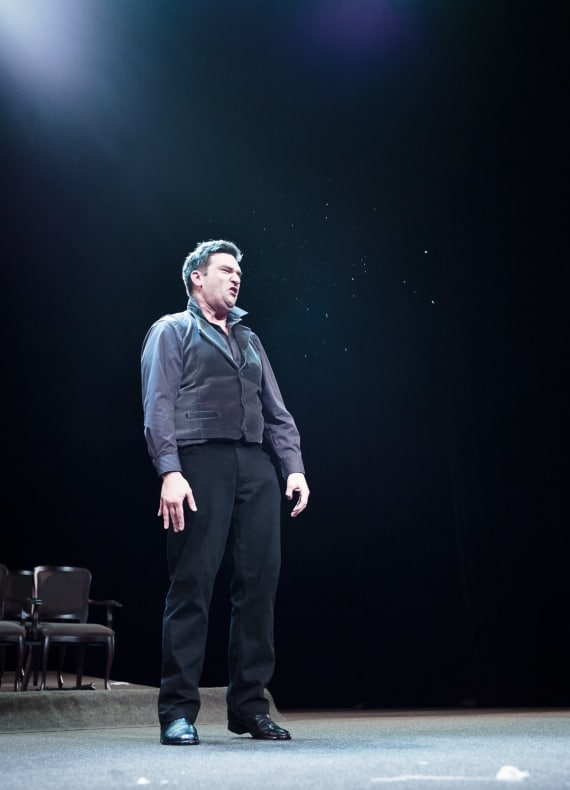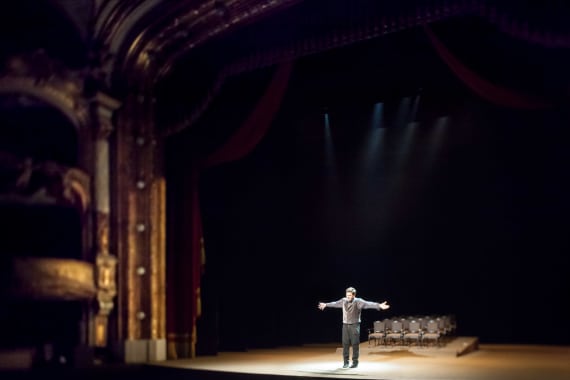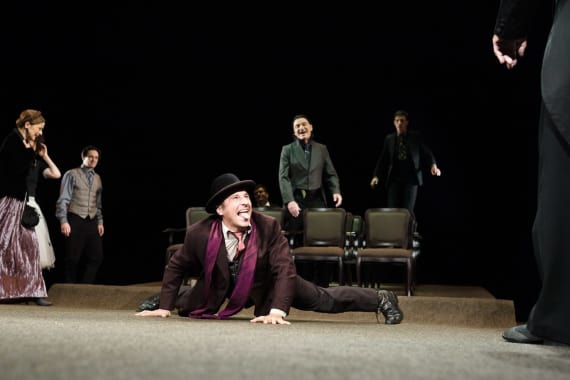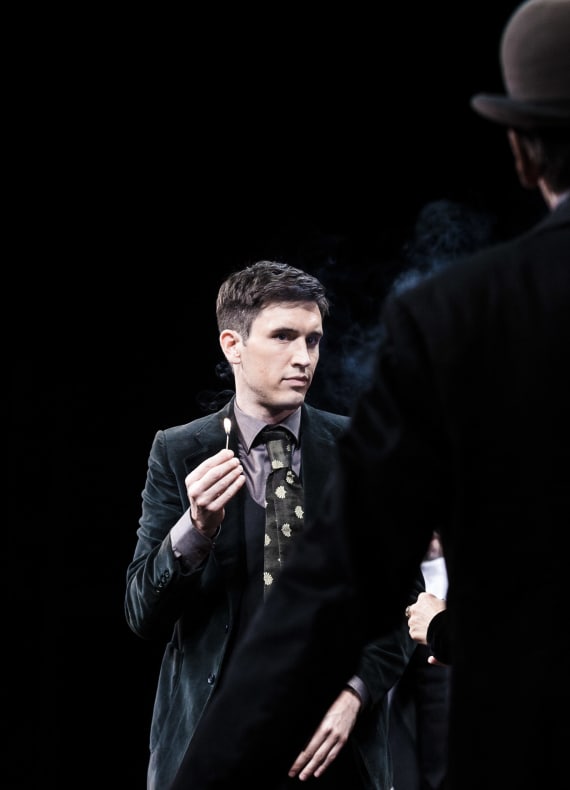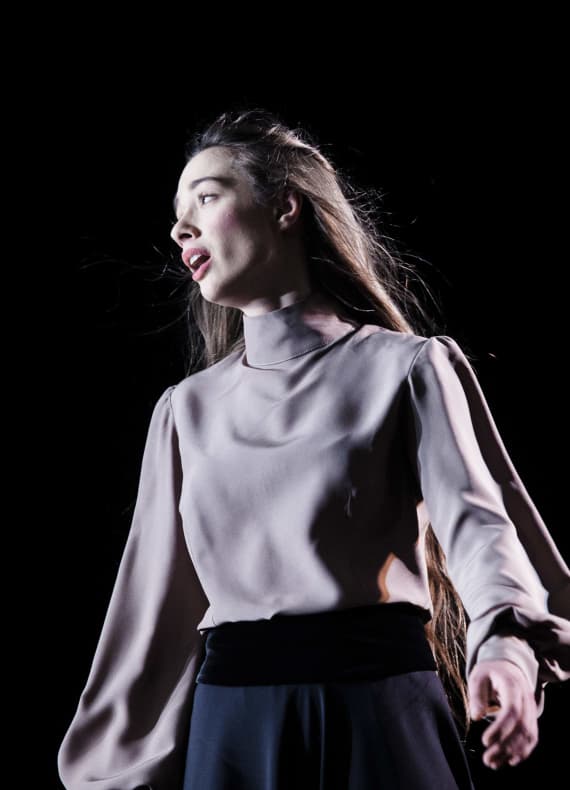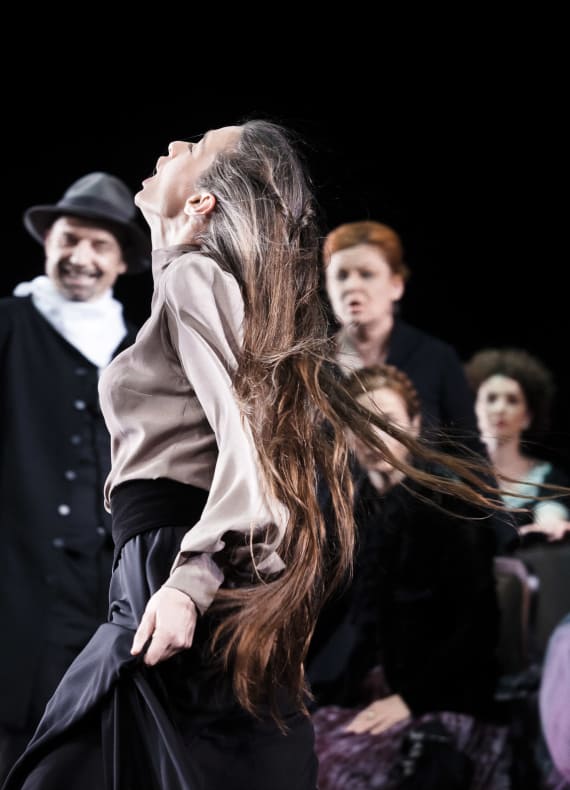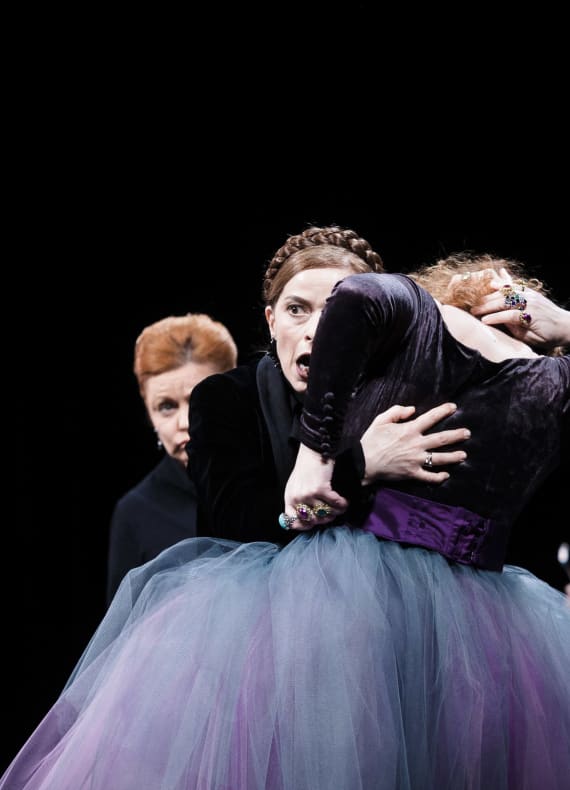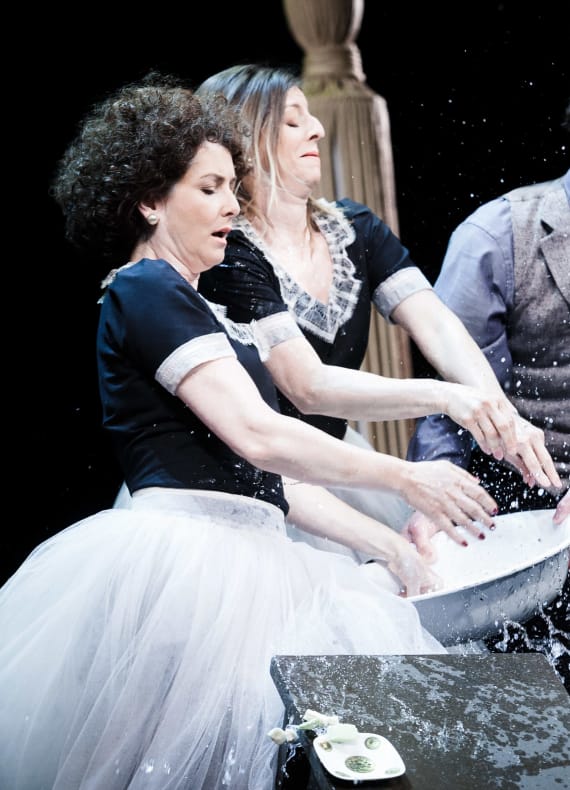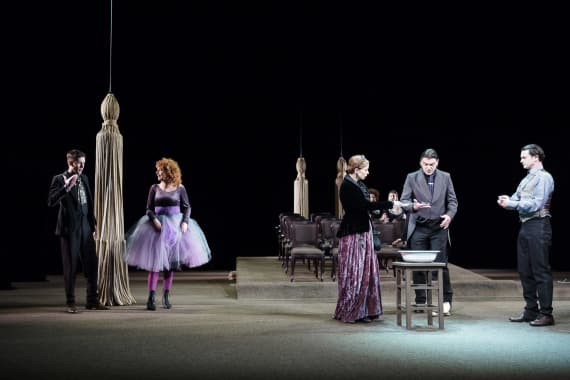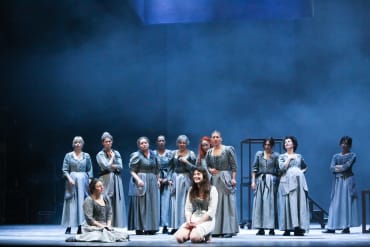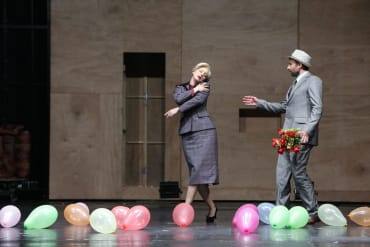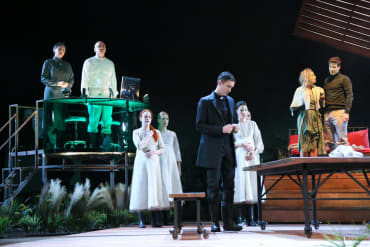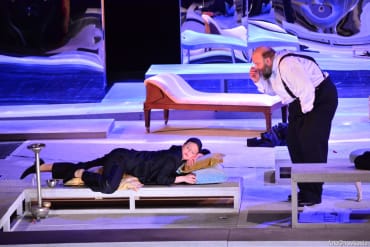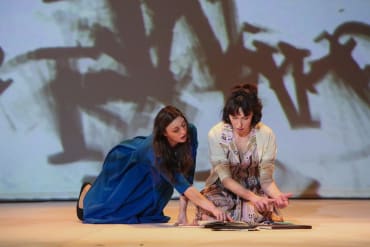Ivanov is a landowner beset by problems. He is married to a woman he doesn’t love, and who is seriously ill. Her treatment requires a significant amount of money, but as she converted from Judaism to Christianity before their marriage, her family disinherited her. While he struggles to find a meaning to his life, he falls hopelessly in love with a girl named Sasha, which additionally complicates his life, and so, in order to escape from the problems he is unable to solve he takes an unexpected step.
Ivanov is one of Chekhov’s first plays, written in 1887. In September that year, theatre owner Fiodor Korsh commissioned a play from Chekhov for his theatre’s new season. Chekhov went into isolation for 10 days and wrote a four-act drama, Ivanov. It premiered on 19 November 1887 in the Korsh Theatre in Moscow, but neither Chekhov nor the audience or critics were happy with the result. Chekhov then spent two more years working on the play, which was first performed on 31 January 1889 at the Alexandrinsky Theatre in St Petersburg, this time with great success. It was so well received that the author even came out to take a bow with the actors. In the following years Chekhov wrote many successful plays, fundamentally changing ideas about dramaturgy not only in the 19th but even in the 20th century. There is no typical dramatic conflict in his plays, they could all be described as a storm in a teacup; his lead characters are everyday people: doctors, soldiers, teachers, landowners, intellectuals, poets, the weak-willed and the choleric, who go about their everyday, comic and tragic situations in seemingly unconnected dialogues and scenes. Chekhov also introduced in his works the idea, taken from novels, of the passage of time. His characters are very meticulous psychological studies of people whose destinies are neither heroic nor epic. They all live their small lives but they don’t lack dreams. Although he called them comedies, Chekhov’s works are representative of the dramatic genre itself, and his characters are the best and most emotional in all Russian dramatic literature, so it is not surprising that Chekhov is still today one of the most performed authors in the world.
EIMUNTAS NEKROŠIUS, director, born in Lithuania, graduated from the Lunacharsky Institute of Theatre Arts in Moscow. After returning home, he worked in Latvian theatres and his remarkable directing awakened interest not only in his homeland but throughout Europe. Since 1980 Nekrošius has directed numerous theatre productions, becoming one of Europe’s most renowned directors whose productions regularly attract the enormous interest of both audiences and critics. Eimuntas Nekrošius is directing for the first time in the Croatian National Theatre in Zagreb.
Ali, razlika između Nekrošijusove predstave i bilo čega što možemo vidjeti na zagrebačkim pozornicama upravo je u tome što Ivanov izbija u ritmu teatra kao svečanosti percepcije, a ne teatra kao brze konzumacije. Uzmite si vremena, priuštite si ovu majstorsku kaligrafiju.— Novi list
Veselje igre moglo se naslutiti na momente kod raizigranog Dušana Bućana kao Borkina i Franje Kuhara kao Prolaznika. A Olga Pakalović i Jadranka Đokić, dvije jake glumačke individue, dokazale su da i svedene na epizodistice kao Gošće, mogu napraviti male bisere.— Vijenac

